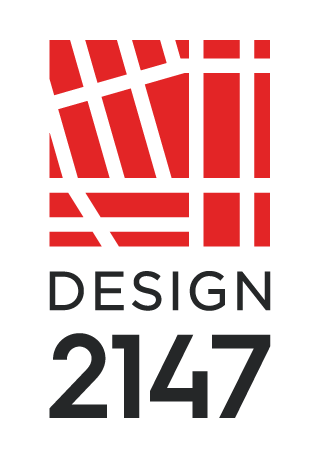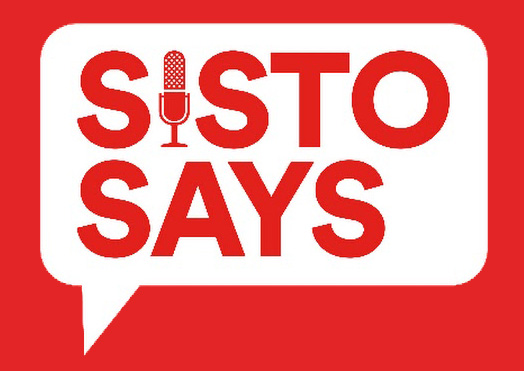Design 2147 CEO Sisto Martello recently had the opportunity to speak with Steve Shishko, P.E., President of New Age Engineering, about the current and future regulations for boilers in New York City. Here are some important takeaways from the conversation.
Q. I’ll start with the question that’s on everyone’s mind: will fossil fuel boilers be eliminated in the next five years? If so, how do you think the City will implement this – and will they need to force implementation?
A. Before any universal elimination happens, we will need to see confirmation from New York City that they have the electrical infrastructure in place to accommodate the large electrical addition that will be needed – without the risk of rolling brown and blackouts throughout the city. I believe the large steam heating infrastructure that the City was built upon will make this task even more difficult.
I don’t know about the next five years, but I am interested to see if this is possible by 2050. I’m hopeful that new energy sources present themselves and new technologies allow for the retrofitting of boilers.
Q. Many clients have asked if, in the future, they could have a boiler with electric coils instead of a burner to heat their buildings. Does that technology exist today, and if so when do you see it making it to the NYC market?
A. I do think that this may be an option for the future. I was just introduced to a Tri Fuel Scotch marine boiler, and I’m currently investigating further. The ability to have electrical resistance coils as well as a dual fuel burner would allow the building to switch between different fuel sources as easily as switching over from oil to natural gas.
If something like this does present itself, I would be interested in a way to electronically control the operation of different fuels to help buildings run their electricity during peak demand periods.
Q. What is the equivalent size when comparing a boiler and natural gas burner vs an electric boiler?
A. It’s important to understand just how much electricity would be needed to match the BTU/hr output of a steam boiler.
This is a comparison for a 100HP boiler which, generally speaking, would provide steam heat and domestic hot water for a 55-70 unit building that is six stories tall. (Sizing should be determined on a building-by-building basis).
- 100HP Scotch Marine Boiler = 3,350,000 Btu/hr Output
- Equivalent Electric boiler = 981.8 KW/h
- Voltage: 240V
- Phase: 3-PH
- Amperage: 2,625 Amps. (approximately)
- There is some dependency on the Power Factor determined in the building.
There are also options for installing transformers to increase the voltage to then drop the amperage. This will still be a large electrical project for the building.
Q. With new technology like electric boilers, does that mean chimneys and flues can be eliminated?
A. Chimneys and flues would no longer be needed for electrical boilers. The purpose of the flue is to expel the combustion products. Electricity has no combustion, so it would not require exhaust flue. This is why electric vehicles no longer have exhaust in the back of the car under the bumper.
Q. If those can be eliminated, will owners see a huge savings over time in maintaining the existing chimneys and flues, and is there less risk of carbon monoxide poisoning?
A. A chimney costs very little to operate, as it should only be looked at once a year during the annual boiler inspection. The issue with chimneys is the old chimneys. These are either brick or have exterior chimneys that are falling apart. Most of the chimney cost is the upfront installation cost.
Q. As an engineer, are you seeing more and more split units being installed, where there is heating and air conditioning with on-demand electric water heaters?
A. We have seen more and more buildings ask about feasibility studies on whether it can be done. However, the only projects we have off the ground right now are low-income or government-subsidized buildings that received grant money to put these systems in. We have had a difficult time showing how these systems are beneficial from a financial point of view.
This may start to change when the LL97 fines are put into effect.
Q. What are some examples of how Local Law 97 will impact the boiler industry and how buildings will be heated in the future?
A. LL97 has forced and will continue to force engineers and contractors to be multi-disciplined. It is no longer acceptable to know just the steam and oil operation of a boiler. It will be necessary to have an understanding of:
- Natural gas piping
- Oil tank, transfer pumps, and piping
- Steam heating and hydronic systems
- Balancing
- Air Venting
- Controls and wiring, including internet-based controls
It will become necessary for engineers and contractors to have a larger and more specialized team to design these systems. The days of replacing like for like is coming to an end.


